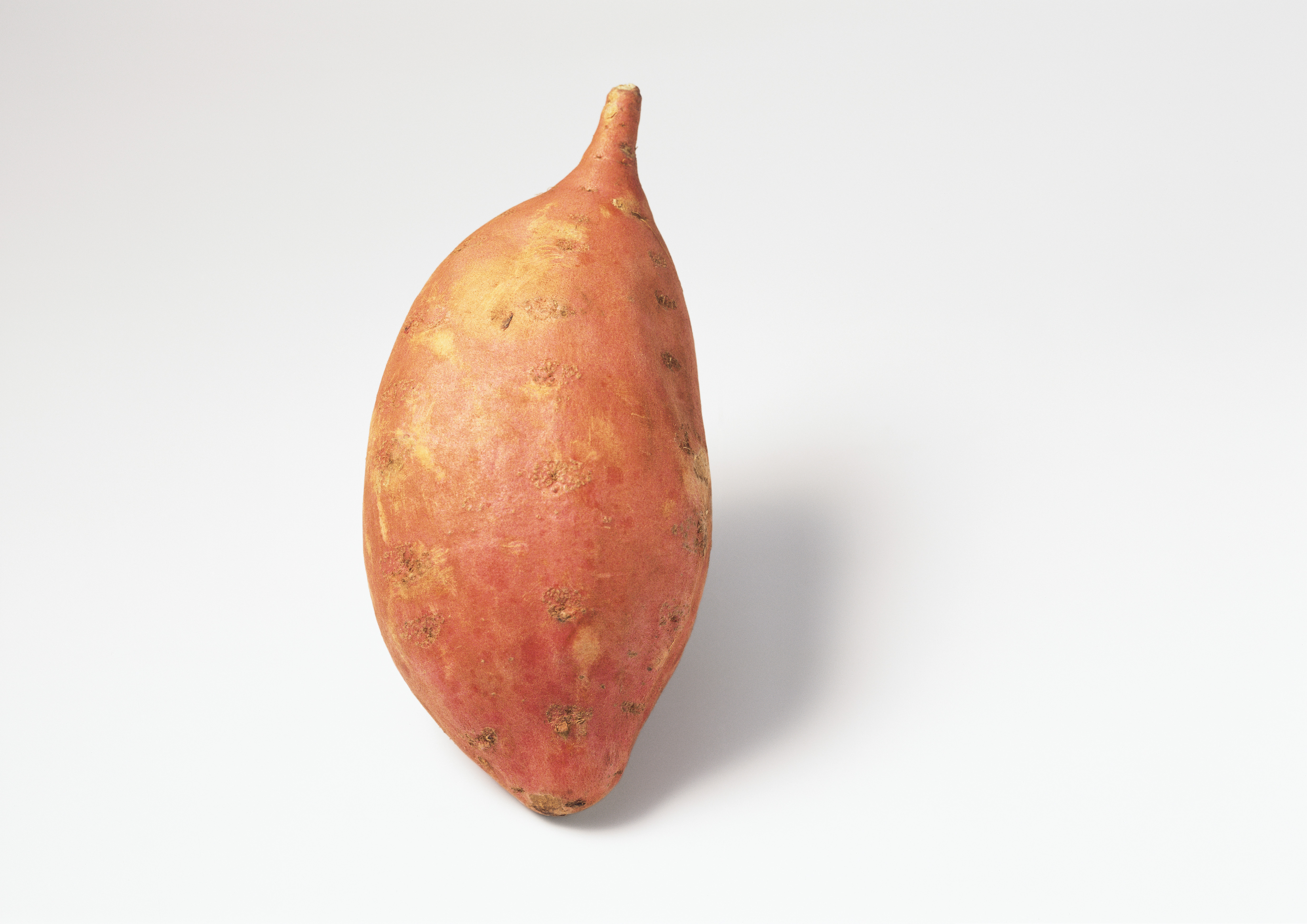Today In Tasty Science: Globe-Trotting Tubers, Ocean-Stirring Shrimp
If you, like me, enjoy stories about science that blow your mind just a little, or if you, like me, love sweet potatoes and also love shrimp, today is a good day for you. We at The Takeout stumbled across two delightful, food-adjacent stories that knocked our socks off. They also made us hungry.
First up, from the New York Times:
How could sweet potatoes arise from a wild ancestor and then wind up scattered across such a wide range? Was it possible that unknown explorers carried it from South America to countless Pacific islands?
An extensive analysis of sweet potato DNA, published on Thursday in Current Biology, comes to a controversial conclusion: Humans had nothing to do with it. The bulky sweet potato spread across the globe long before humans could have played a part — it's a natural traveler.
Carl Zimmer's article, published last week, is a fascinating look at the many different theories about the origins of the sweet potato. In particular, the results of the aforementioned DNA analysis suggest that the Ipomoea batatas could have floated from the Americas to the Pacific Islands on the ocean, or been carried by birds, rather than transported around the world by human migration. Other sweet potato experts say the report is far from conclusive, but nearly every possibility discussed is, to use a technical term, super interesting.
Elsewhere in the world of science that's sort of also about food, Science's Elizabeth Pennisi reports that oceanographers have found that the movements of tiny shrimp affect ocean circulation as much as wind and waves. The shrimp, and other sea creatures whose movements including swarming, can move so much water that, as paleobiologist Nicholas Butterfield told Pennisi, "It's now clear that animal ecology needs to be factored into models for how the modern oceans work."
Breaking: the world is amazing. Let's all get some sweet potato tots and some shrimp tacos and watch Blue Planet.
